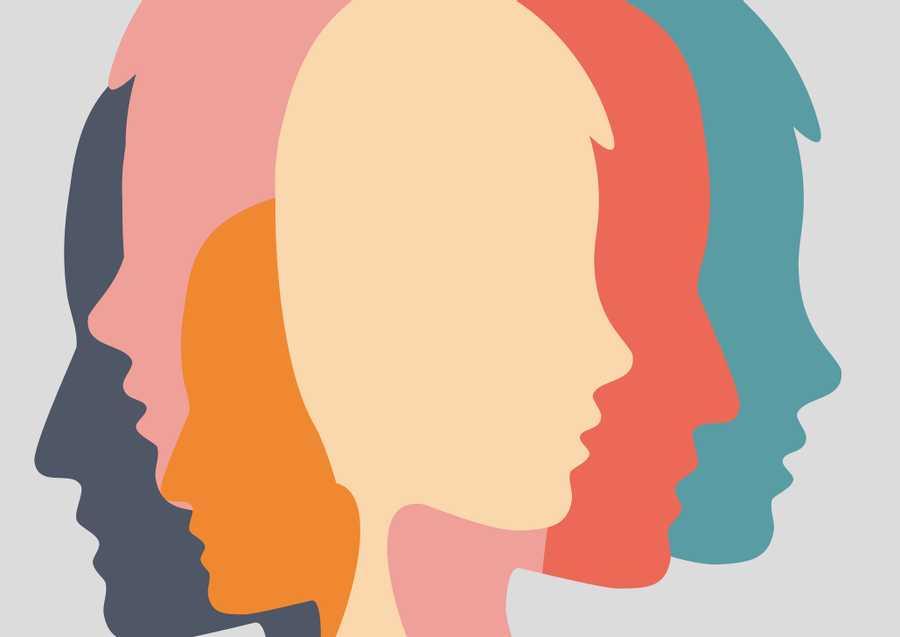The roots of bias
Bias exists, in part, because our brains naturally seek shortcuts for understanding our complicated world. We categorize things we encounter in life (including people) and then absorb “cultural knowledge” (including societal beliefs and attitudes toward different groups of people), which leads to stereotyping and biased expectations in our everyday interactions.
This happens unconsciously so that even if we’re not consciously prejudiced, we are still prone to automatic stereotyping—especially when we’re low-energy or stressed.
7
71 reads
The idea is part of this collection:
Learn more about psychology with this collection
How to make rational decisions
The role of biases in decision-making
The impact of social norms on decision-making
Related collections
Read & Learn
20x Faster
without
deepstash
with
deepstash
with
deepstash
Personalized microlearning
—
100+ Learning Journeys
—
Access to 200,000+ ideas
—
Access to the mobile app
—
Unlimited idea saving
—
—
Unlimited history
—
—
Unlimited listening to ideas
—
—
Downloading & offline access
—
—
Supercharge your mind with one idea per day
Enter your email and spend 1 minute every day to learn something new.
I agree to receive email updates
